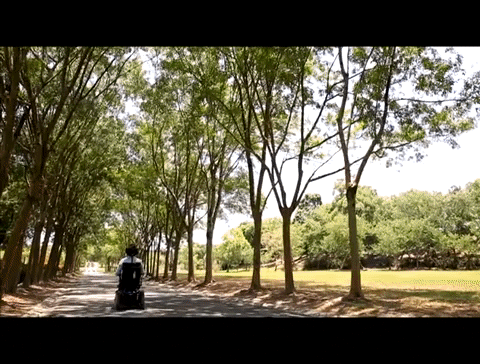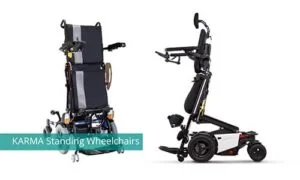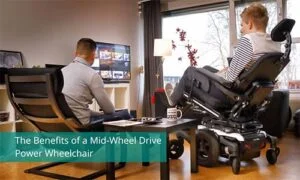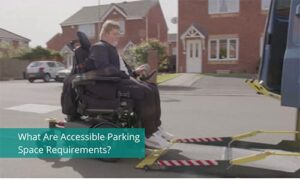Some users may not know the benefits of an an electric wheelchair. Physical or Occupational therapists would normally encourage users that could benefit from a power wheelchair to consider it to improve their quality of life. However, some clients don’t have access to these kinds of resources so it is our job to try and determine the user’s abilities and needs. Here are some questions that we can ask our clients to help determine if they would benefit from an electric-powered wheelchair and if so, what kind?
How do you know if your Client would Benefit from a Power Wheelchair?
The very first question we need to ask is; “Is the client capable of self propelling a manual wheelchair?”, if the answer is no, they cannot propel themselves then the next thing to ask is; “Can the client safely operate a power mobility device?”, for example a power scooter or power wheelchair. If the user is able to safely operate a power mobility device then we next need to ask “Can the client sit up straight without any support and walk short distances?” If the client cannot walk short distances or sit up straight without support, then the client needs a powered wheelchair that will help them with their positioning and provide mobility all the time. If the client can walk short distances, then a mobility scooter will be enough to allow them to travel longer distances. From these questions, we can assume that the physical condition and abilities of a scooter user are better than that of someone who is more suited to a power wheelchair.
Is your Client able to Operate a Power Wheelchair?
If you don’t have resources like doctors or therapists to carefully evaluate if the user is able to operate a power wheelchair then you can ask these three things:
- Does the client have good motor control of their hand to use a joystick?
- Do they understand your commands and have a clear idea of what kinds of environments are safe or dangerous? For example, you could ask the user to drive to a targeted location and see how they react when they approach an obstacle. Do they decelerate their speed?
- Is there vision and line of sight intact?
After you have assessed that the user could benefit from a power wheelchair and determined that they have the ability to control it then we can now move on to decide what kind of power wheelchair will fit their needs. We will discuss the different options of electric wheelchairs in the next blog!
Take a look at our full collection of Power Wheelchairs and more on our website! Do you know someone who could benefit from a power wheelchair? Contact your local Karma wheelchair dealer!
Keep Reading

 Global
Global





